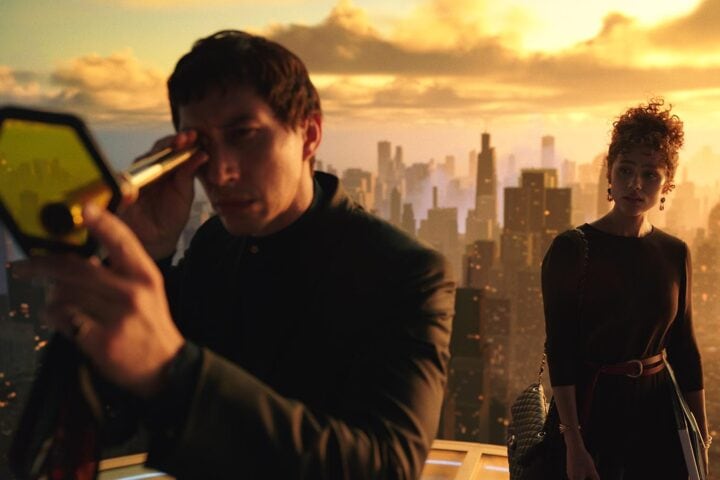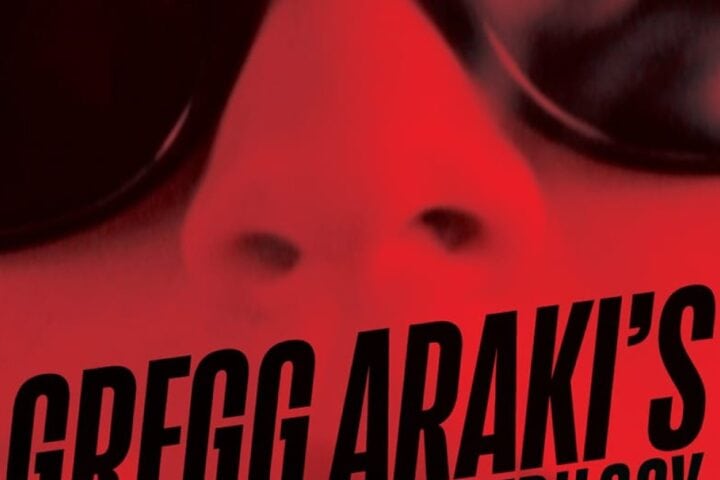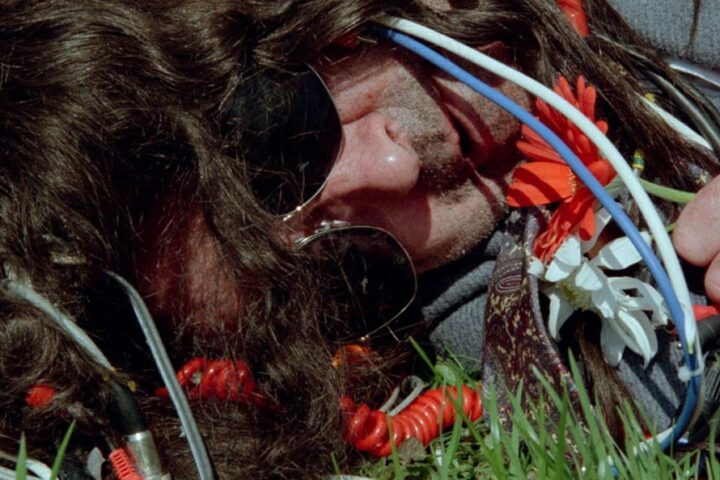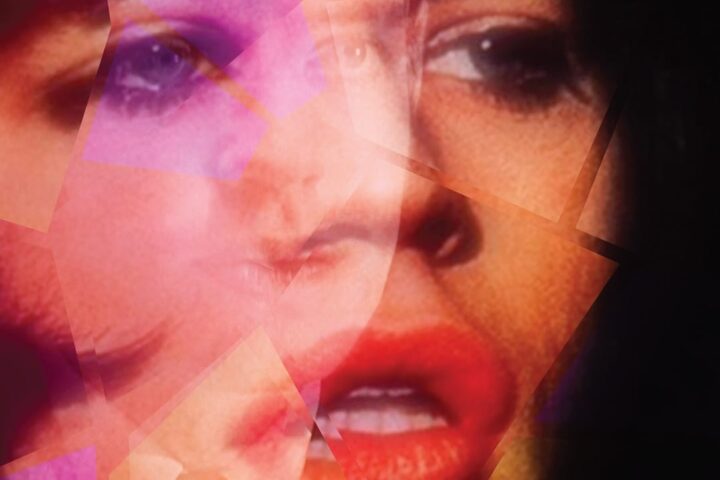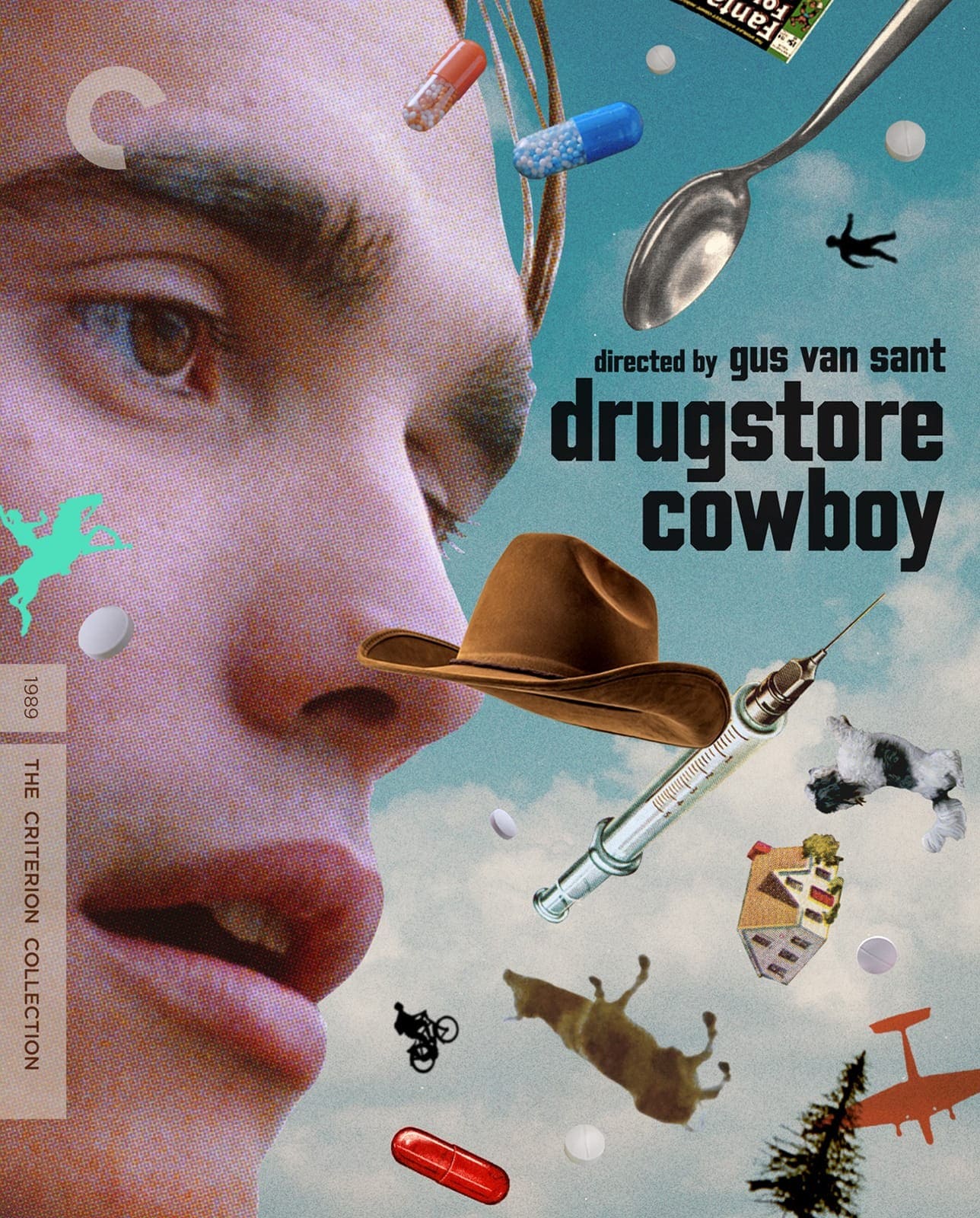 Gus Van Sant’s Drugstore Cowboy is a road movie on opioids. Its characters are nomadic drug addicts who roam the Pacific Northwest in search of pharmacies and hospitals to raid, but the thrill they get from thieving is as fleeting and mocking as the highs they get from speed and other drugs.
Gus Van Sant’s Drugstore Cowboy is a road movie on opioids. Its characters are nomadic drug addicts who roam the Pacific Northwest in search of pharmacies and hospitals to raid, but the thrill they get from thieving is as fleeting and mocking as the highs they get from speed and other drugs.
The leader of this pack is Bob Hughes (Matt Dillon), who’s developed a kind of gambler’s intuition about their robberies. When he feels “hot,” he’ll hit a location at the drop of a hat, no matter the time of day. But when he senses the group’s luck turning south, he’ll hole up in their dilapidated house and face withdrawal rather than risk capture. Compared to Bob, the others in the group—his wife Dianne (Kelly Lynch), his best friend Rick (James Le Gros), and Rick’s teenage girlfriend Nadine (Heather Graham)—see the heists as purely a means to an end—just one more obstacle standing between them and their overriding need to shoot up.
The film’s influence on addiction movies is chiefly evident in its aestheticization of the act of taking drugs. When the characters tie off and inject drugs, the world around them seems to slow to a crawl, and the soundtrack distorts and elongates ambient noises and music cues as the drugs take effect. Films like Requiem for a Dream and Spun would take such impressionistic techniques further when capturing the sensation of using drugs, but their more antic rendering provides at least a brief thrill totally absent in the narcotized numbness conveyed here.
The lack of visceral pleasure provided even by scenes where characters are at their most free prefigures the manner in which the film undercuts moments that might otherwise have played as antic comedy, such as some of the crew’s more elaborate methods for staying one step ahead of the cops on their trail. Drugstore Cowboy rarely gives its characters a break, with the risks of overdose and bodily harm from a victim’s resistance to robbery lurking around every corner.
Visiting his family home, Bob finds that his mother (Grace Zabriskie) won’t let him in. She misses her son dearly but knows that he will only bring more sorrow to her and that he only wants to come in so that he can ransack the house for goods to pawn for drug money. As the woman frantically hides her purse and other valuables in case her son breaks in, the mordant absurdity reveals its underlying sadness, and Bob’s futile fast-talking becomes more and more pathetic as he realizes that empty reassurances won’t work this time.
This tough but empathetic tone defines Drugstore Cowboy and Dillon’s performance in particular. The actor exudes here the kind of roguish charisma that he brought to his roles in The Outsiders and Rumble Fish. But he also highlights the physical and mental toll of Bob’s lifestyle in his sullen expressions and sluggish body language, rendering him as his own Dorian Gray portrait, simultaneously charming and ghastly. And when Bob is at last scared into trying to go straight, he finds himself torn apart not only by his withdrawal but by the reactions of his companions, who can scarcely comprehend trying, or even wanting, to become sober.
The film’s final act follows Bob’s arduous attempt to extricate himself from the hell of his addiction and seek some kind of redemption. In one scene, the devil himself seems to confront the man in the form of an elderly addict played by author William S. Burroughs. Burroughs, gaunt from decades of heavy drug use but clinging to the hollow dignity of putting on a respectable suit every day, defiantly espouses his belief that he chooses to do drugs as a form of social protest rather than being in thrall to them. The old man’s reassurances of the value of narcotics may do just as much to scare Bob as seeing loved ones die from overdose, and he chooses to find hope in the series of macabre, bleakly ironic mishaps that befall him in the story’s final minutes rather than succumb to that kind of self-pity.
Image/Sound
Sourced from a 4K restoration supervised and approved by Gun Van Sant and cinematographer Robert Yeoman, Criterion’s UHD lacks any HDR boost but still offers a very filmic presentation. Grain is healthily distributed throughout, and the deliberately drab aesthetic, marked by faded greens and blues against neutral tones, boasts subtle gradations between colors. The transfer especially highlights the sallow, ashy flesh tones of malnourished and chemically altered addicts. The soundtrack is flawlessly rendered, centering dialogue in the mix amid the subtle, impressionistic soundscape of lightly distorted ambient noise in the side channels.
Extras
Criterion’s disc comes with an audio commentary by Van Sant and actor Matt Dillon recorded for an earlier home video release. The pair cover a great deal of terrain, discussing how they worked on a tight schedule while also carefully mapping aesthetic choices like the color palette. Another archival extra, a half-hour making-of documentary, offers a mostly superficial overview of the plot and characters but does include a fair amount of on-set footage. In new interviews, Yeoman and actress Kelly Lynch look back on their experiences on the set of Drugstore Cowboy and reflect on how the film influenced the depiction of drug use in cinema. The disc also comes with nearly an hour of deleted scenes that mostly consist of the characters roaming around the Portland area. While none stands out as particularly revelatory, any could just as easily have made the final cut. A booklet essay by author and screenwriter Jon Raymond extols the film’s mercurial blend of road movie, slapstick comedy, existential noir, and social issue drama.
Overall
Criterion’s release presents Gus Van Sant’s tragicomic road movie in all its unromantic beauty.
Since 2001, we've brought you uncompromising, candid takes on the world of film, music, television, video games, theater, and more. Independently owned and operated publications like Slant have been hit hard in recent years, but we’re committed to keeping our content free and accessible—meaning no paywalls or fees.
If you like what we do, please consider subscribing to our Patreon or making a donation.


